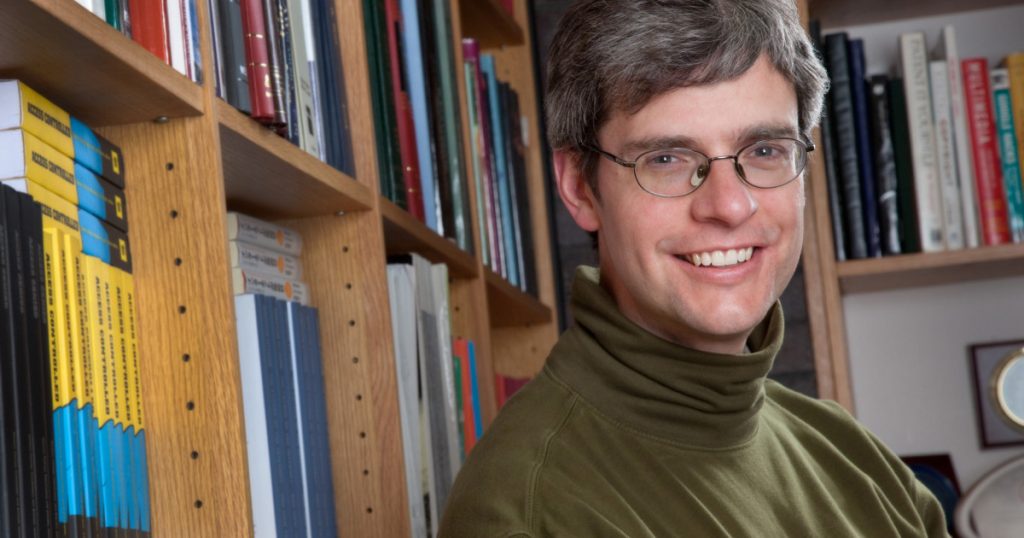
James Greiner, director of the Access to Justice Lab.
Imagine if doctors gave you treatments based solely on their gut instincts of what works, without any science-based evidence to back them up. We’d probably call that quackery.
But that’s exactly how the legal profession often operates. We adopt theories about how best to serve our clients, how best to close the justice gap, how best to administer justice, all without any empirical evidence. In fact, lawyers and judges resist empiricism, preferring instead the approach of, “Trust me, I’m a professional.”
Last week, I attended a program showcasing the work of the Access to Justice Lab at Harvard Law School. The mission of the lab’s director and Harvard Law professor James Greiner and his staff is to compile rigorous evidence of what works in law and what doesn’t, using randomized control trials.
It is fascinating and controversial work. It is also important work. At a time of scarce and dwindling resources to support access to justice, it is essential that we direct those resources in the ways that will have the greatest impact.
For my column this week at Above the Law, I write more about the Access to Justice Lab and its work. If you’re interested, you can find it here.
 Robert Ambrogi Blog
Robert Ambrogi Blog